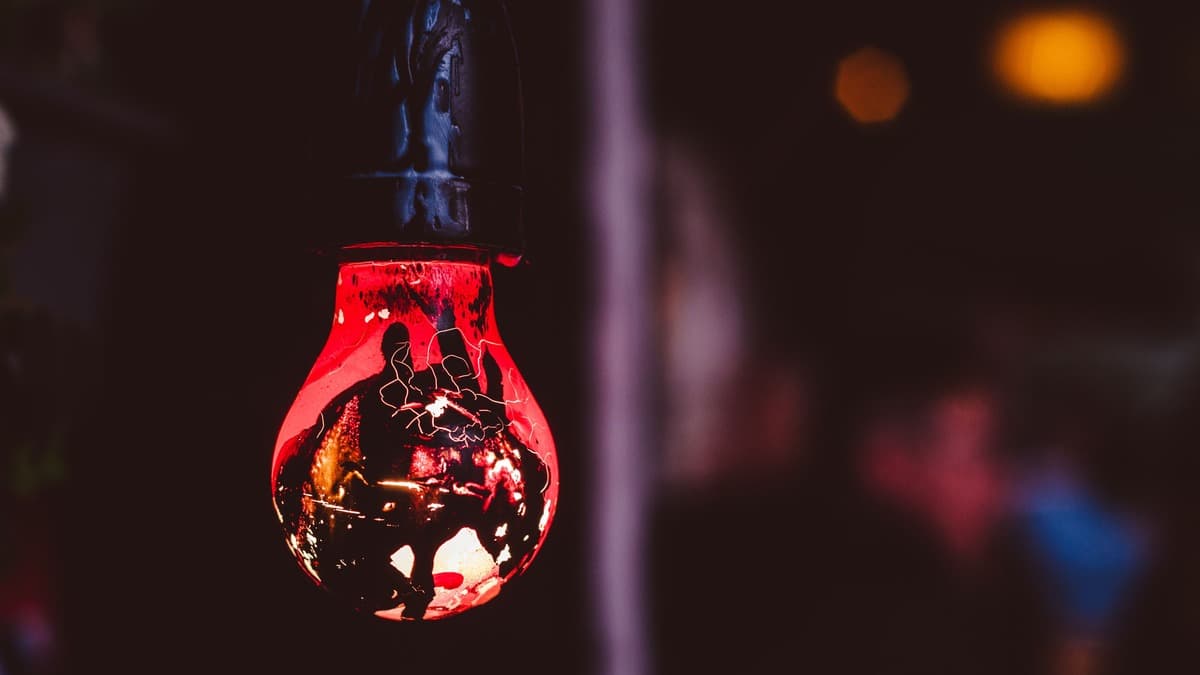Welcome to AI Weekly, where we delve into the cutting-edge and ever-evolving world of artificial intelligence and bring you concise yet comprehensive summaries of the most exciting AI developments.
Landmark decision bars AI inventors
In a groundbreaking case, a US computer scientist faced a setback in his quest to secure patents for inventions crafted by his artificial intelligence system. Stephen Thaler sought approval for two patents in the UK, attributing the creations to his AI system, DABUS. However, Britain’s Intellectual Property Office rejected the application, asserting that patents must be granted to a human or a corporate entity, not a machine.
Google’s ‘Pixie’ AI Assistant and Object-Recognizing Glasses in the Works
Tech giant Google is developing an AI assistant named ‘Pixie’ expected to debut with the upcoming Pixel 9. Fueled by the Gemini engine, Pixie leverages data from Google’s array of products across devices to execute intricate, multimodal tasks. Additionally, Google is exploring the creation of glasses equipped with object recognition capabilities, providing wearers with guidance on tool usage. This development follows recent news of Google’s pivot from its independent AR hardware efforts in favor of a collaborative venture with Samsung.
AI specialist job surge yet to materialize
Despite predictions of a surge in AI specialist jobs, particularly in marketing, the anticipated wave has not yet arrived. While generative artificial intelligence has triggered significant advancements and entrepreneurial ventures, major brands have yet to reshuffle their organizational structures or create dedicated leadership roles for AI-related functions, with some exceptions like Coca-Cola.
Atlassian introduces AI-powered services to enhance teamwork
Atlassian has introduced its inaugural suite of AI-powered services across its cloud platform. Leveraging two decades of data insights, Atlassian Intelligence aims to streamline teamwork by automating routine tasks, boosting individual productivity, simplifying company jargon, and fostering data-driven decision-making. Notable features include Generative AI in the editor, AI-generated summaries, and natural language automation.
Meta’s Second-Gen Ray-Ban Glasses now equipped with Advanced AI Capabilities
Meta’s latest update for its second-generation Ray-Ban glasses introduces advanced generative AI capabilities. The glasses can now interpret scenes and make judgments, utilizing on-board cameras for image recognition. The update also incorporates Bing-powered search functionality directly into the glasses, offering users a seamless and integrated experience.
ByteDance secretly deploys OpenAI tech for competing language model
ByteDance, the parent company of TikTok, has covertly employed OpenAI’s technology in violation of terms of service to develop a rival language model known as Project Seed. Internal communications suggest an intention to “whitewash” any evidence of this unauthorized use, raising ethical concerns in the tech community.
Bill Gates’ Optimistic Outlook on AI in 2024
Billionaire philanthropist Bill Gates shares his optimistic views on the future of AI in a comprehensive blog post. Reflecting on the transformative events of 2023, Gates predicts that AI will significantly impact sectors such as education and mental health. While acknowledging the revolutionary potential of AI, he also underscores the importance of addressing global inequities and empowering future generations.
Intel Unleashes 5th Gen Xeon Processors, Focused on AI Acceleration
Intel has launched its 5th Gen Xeon processors, strategically designed to enhance AI capabilities for cloud, network, and edge applications. This move is part of Intel’s competitive strategy to enter the AI accelerator market, a domain currently dominated by Nvidia.
Keep up to date with our stories on LinkedIn, Twitter, Facebook and Instagram.

